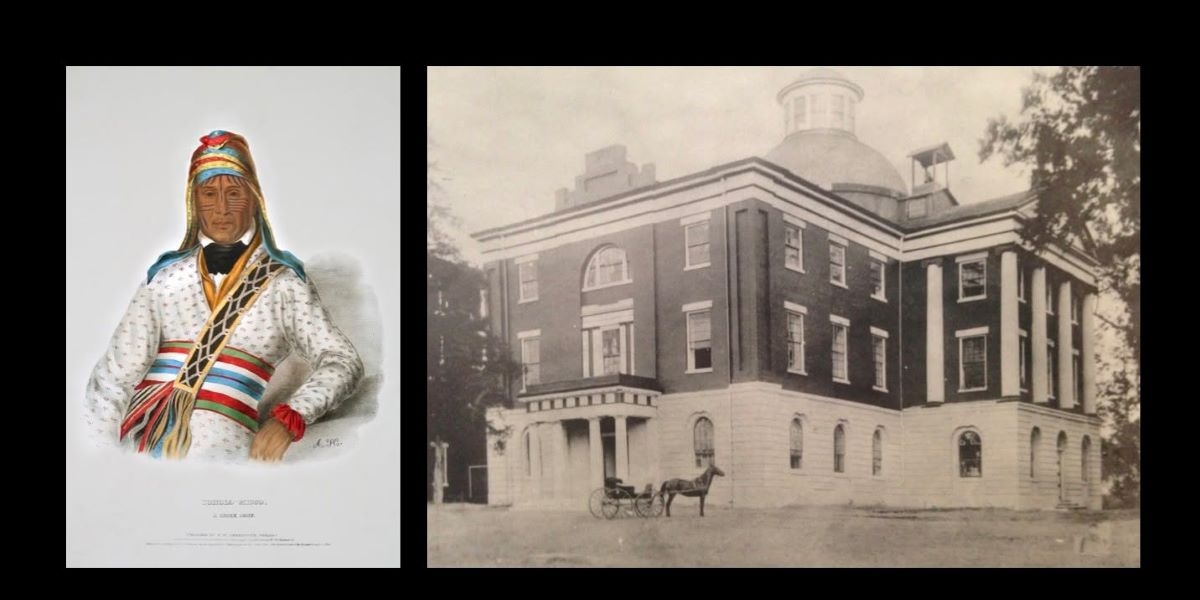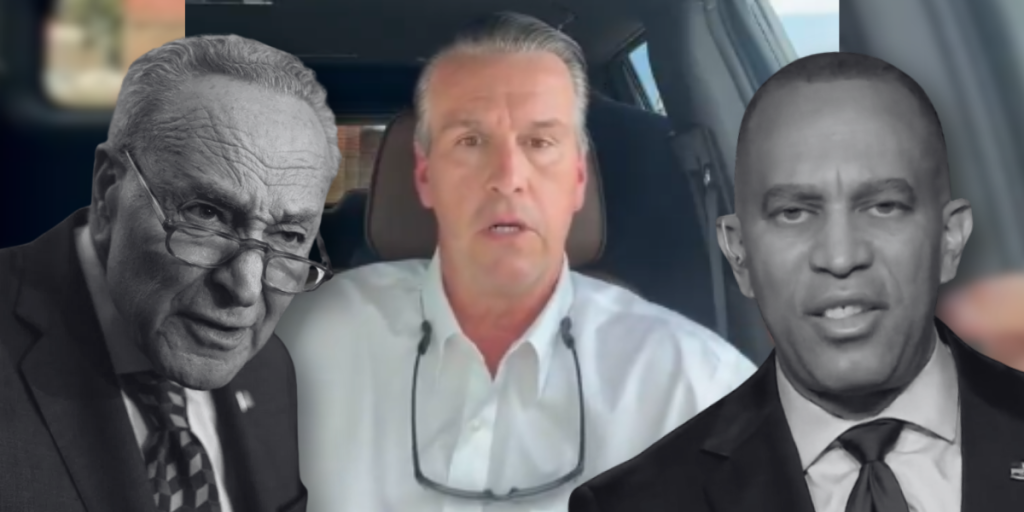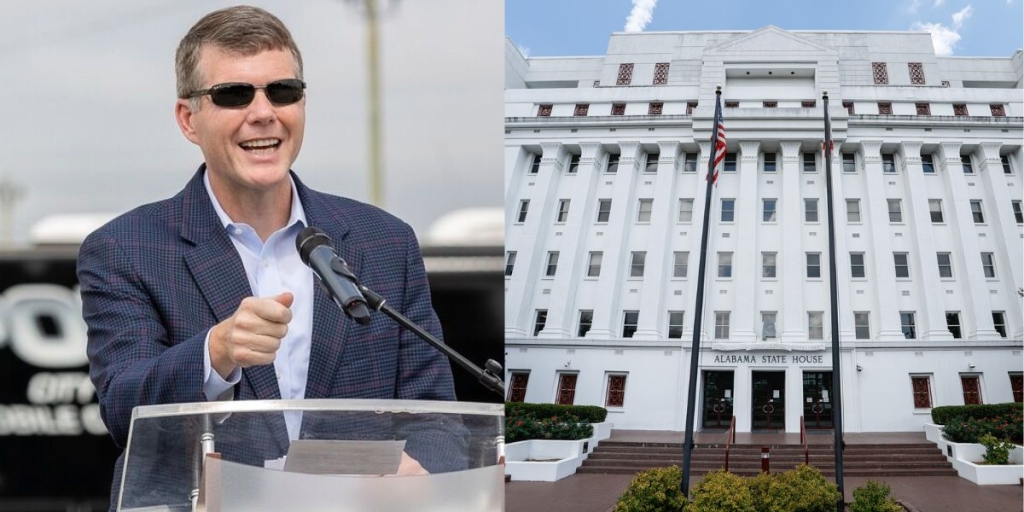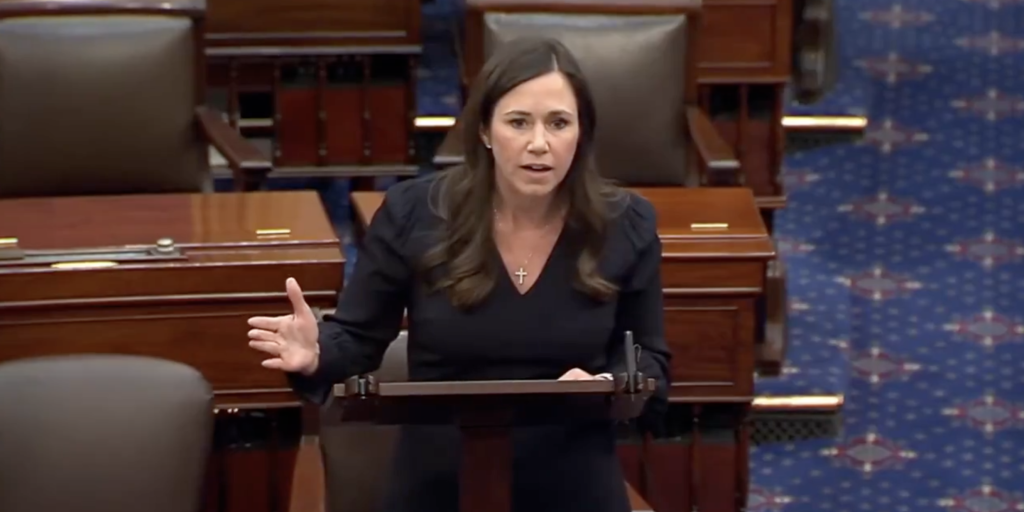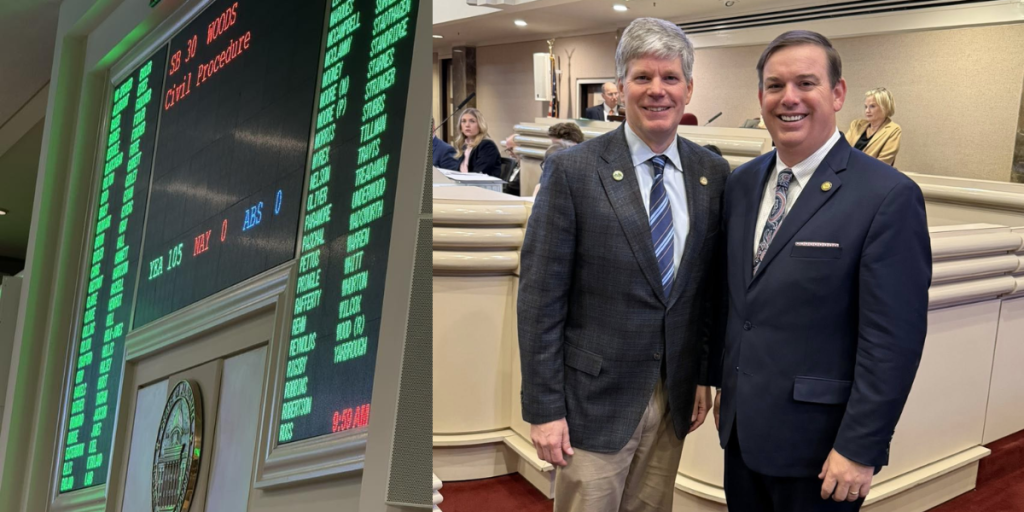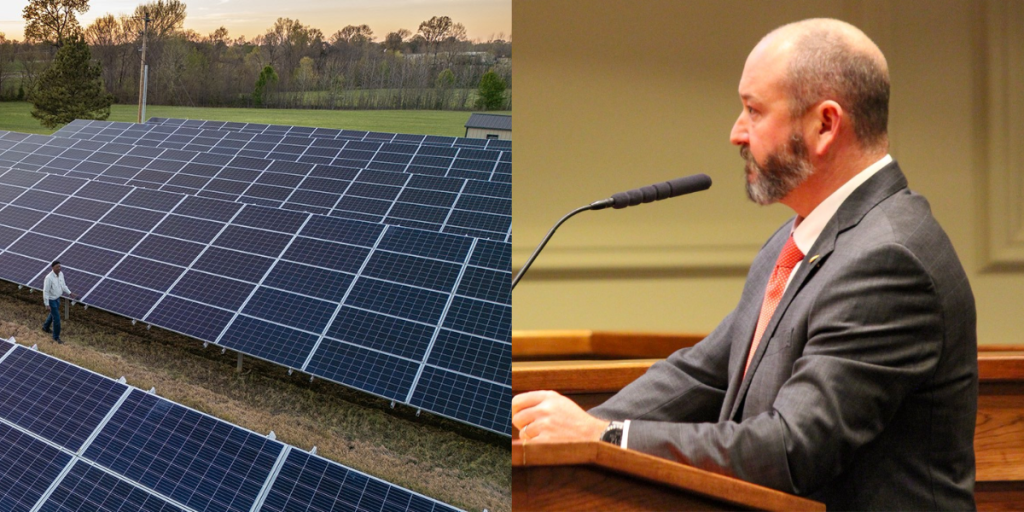In May of 1836 – 189 years ago this month – Chief Eufaula of the Creek Indians addressed a joint session of the Alabama Legislature as it met in Tuscaloosa.
Eufaula, who was also known as Yoholo-Micco among his people, was leading his large band of Creeks on the “Trail of Tears” to federally-designated Indian territory in Oklahoma. The long line of Indian men, women, and children, along with their horses burdened with belongings, had left Coosa County and traveled along the Huntsville Road to Tuscaloosa.
First Lady Virginia Clay, wife of Alabama Gov. Clement Clay, noted that most of the city had turned out to witness the Indians’ temporary encampment.
She wrote, “Along the (Black Warrior) riverbanks carriages stood, crowded with sightseers watching the squaws toss their children into the stream in order that they might learn to swim. The belles of the city appeared arrayed in dainty muslins and bonnets in the smartest fashions of the times.”
RELATED: Hank Williams laid to rest 72 years ago in Montgomery’s largest funeral in history
Following the Battle of Horseshoe Bend, General Andrew Jackson signed the Treaty of Fort Jackson that opened much of the Alabama Territory to white settlement. As more and more settlements occurred, the Creeks, Choctaws, Cherokees, and Chickasaws asked that promises made to them be upheld, and Jackson sent Francis Scott Key, who authored our national anthem, to Tuscaloosa as a federal mediator, but, ultimately, the Indians were forced to leave.
As Chief Eufaula walked to the front of the House Chamber and raised his right hand, the members of the Legislature fell silent.
The old man began to speak these words:
“I come here, brothers, to see the great house of Alabama and the men who make laws and to say farewell in brotherly kindness before I go to the far west, where my people are now going.”
“In time gone by, I have thought that the white men wanted to bring burden and ache of heart among my people in driving them from their homes and yoking them with laws they do not understand. But I have now become satisfied that they are not unfriendly toward us, but that they wish us well.”
“In these lands of Alabama, which have belonged to my forefathers and where their bones lie buried, I see that the Indian fires are going out. Soon they will be cold. New fires are lighting in the west for us, they say, and we will go there.”
“I do not believe our great Father means to harm his red children, but that he wishes us well. We leave behind our goodwill to the people of Alabama who build the great houses and to the men who make the laws.”
“This is all I have to say.”
Reports of the time indicate that Eufaula had tears in his eyes at the end of his remarks, and some legislators spilled tears, as well.
The old chief shook a few hands as he left the chamber, walked down the Capitol’s steps, and returned to his tribe’s camp.
In a few days, the Indians gathered their belongings, hitched their horses, broke camp, and continued on a route that took them through Mississippi, Louisiana, and Arkansas, on their way to exile in Oklahoma.
A historical marker to Chief Eufaula and his joint session speech stands near the ruins of the Capitol building in Tuscaloosa, and another one is prominent in the south Alabama city of Eufaula, which carries his name.
After Montgomery was selected as the state capital in 1849, Tuscaloosa’s Capitol building was used by the Alabama Central Female College until 1923, when it was consumed by a fire that started from faulty wiring.




